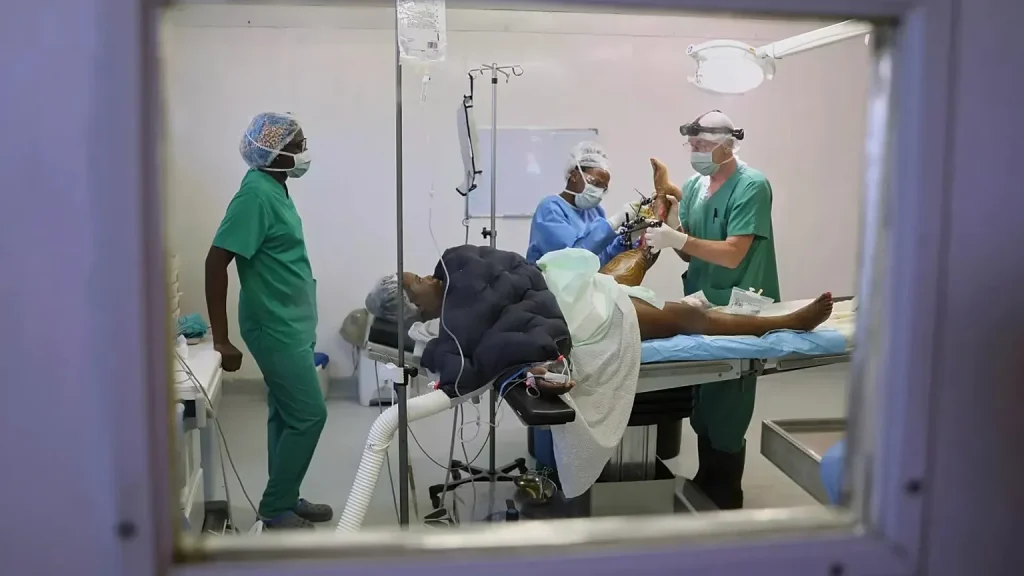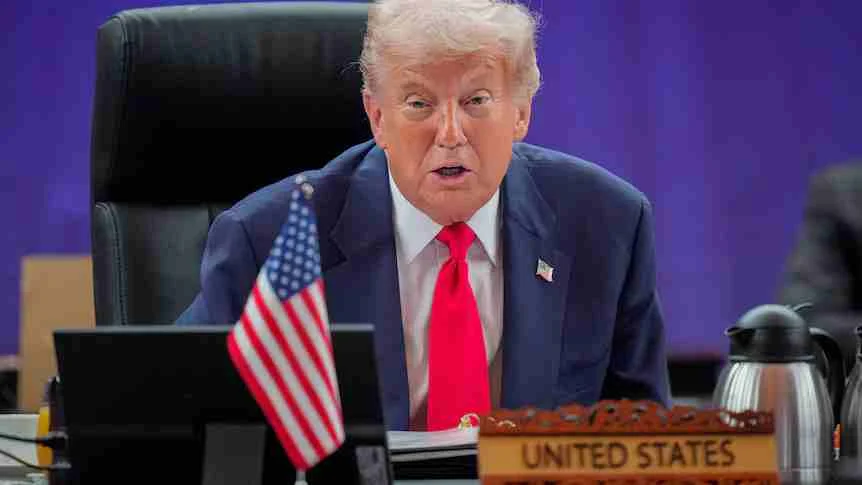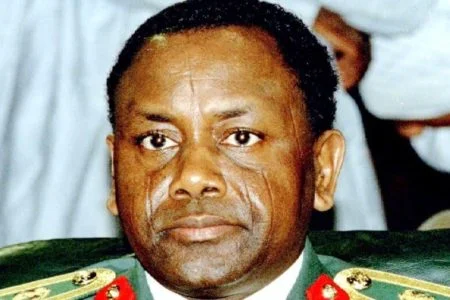In a heartbreaking announcement, the humanitarian group Doctors Without Borders (MSF) has decided to permanently halt operations at its critical trauma center in Haiti’s bustling capital, Port-au-Prince.
This drastic step, taken on Wednesday, stems from relentless armed conflicts that have made the site untenable for safe medical care.
The facility in the Turgeau district had briefly paused services back in March when attackers targeted several MSF vehicles during a staff evacuation, riddling them with bullets.
Now, with violence unchecked, the organization deems resumption impossible, prioritizing the well-being of workers and those seeking treatment.
Worsening Insecurity Cripples Healthcare Access
Over 50% of medical centers in Port-au-Prince, including the main public hospital, have either shuttered or operate at minimal capacity due to the chaos.
Gangs dominate about 90% of the urban area, choking off essential routes for medicines, equipment, and personnel.
This stranglehold affects roughly three million residents in the greater metro zone, restricting everything from routine check-ups to life-saving interventions.
MSF’s outpost had served as a vital haven, offering emergency aid amid the turmoil. Its loss exacerbates an already dire situation, where affordable options are scarce. Jean-Marc Biquet, leading MSF’s efforts in the country, warned of severe repercussions.
“This zone, right near downtown, lacks any viable or budget-friendly health services for locals,” he explained. “That’s why displaced families crowd into makeshift camps under appalling conditions.”
The clinic’s proximity to active conflict zones meant frequent exposure to errant gunfire. “We explored reinforcements like barriers or structural upgrades to shield everyone inside,” Biquet added. “But none proved feasible in this environment.”
Roots of the Crisis and Human Toll
Haiti’s descent into deeper instability began intensifying after the 2021 killing of its former leader, Jovenel Moïse, unleashing a power vacuum exploited by armed factions.
From the start of the year through mid-point, UN records show over 3,100 fatalities nationwide, plus more than 1,100 wounded in violent incidents.
Displacement has shattered records, with a UN migration agency reporting 1.4 million people uprooted internally a sharp 36% jump since last year’s close.
Families flee crossfire, extortion, and territorial battles, often ending up in overcrowded shelters lacking basics like clean water or sanitation.
Gangs’ iron grip disrupts daily life, from food distribution to education. Women and children face heightened risks of abuse, while the elderly struggle without meds.
The Turgeau closure spotlights how violence bleeds into humanitarian spaces, forcing aid groups to weigh risks against needs.
Limited Impact from International Support
A multinational peacekeeping mission, spearheaded by Kenyan officers and endorsed by the UN, deployed in June to restore order.
Yet, experts note minimal progress in curbing the mayhem, with gangs adapting tactics and expanding control. Patrols and arrests occur sporadically, but systemic corruption and resource shortages hamper effectiveness.
Biquet’s team had treated thousands annually, handling gunshot wounds, accidents, and outbreaks. Now, patients must navigate perilous paths to distant alternatives, if any exist.
This vacuum could spike preventable deaths from untreated injuries or illnesses like cholera, which flares in unsanitary settings.
MSF calls for urgent global action: bolstered security corridors, funding for mobile units, and diplomatic pressure on local power brokers. Without these, Haiti’s health crisis deepens, turning a lifeline into another casualty of conflict.
As gangs vie for dominance, the closure underscores a broader plea—protect neutral medical zones to save lives. For Haitians enduring this nightmare, hope dims, but advocates vow to adapt, seeking ways to deliver care despite the odds.






